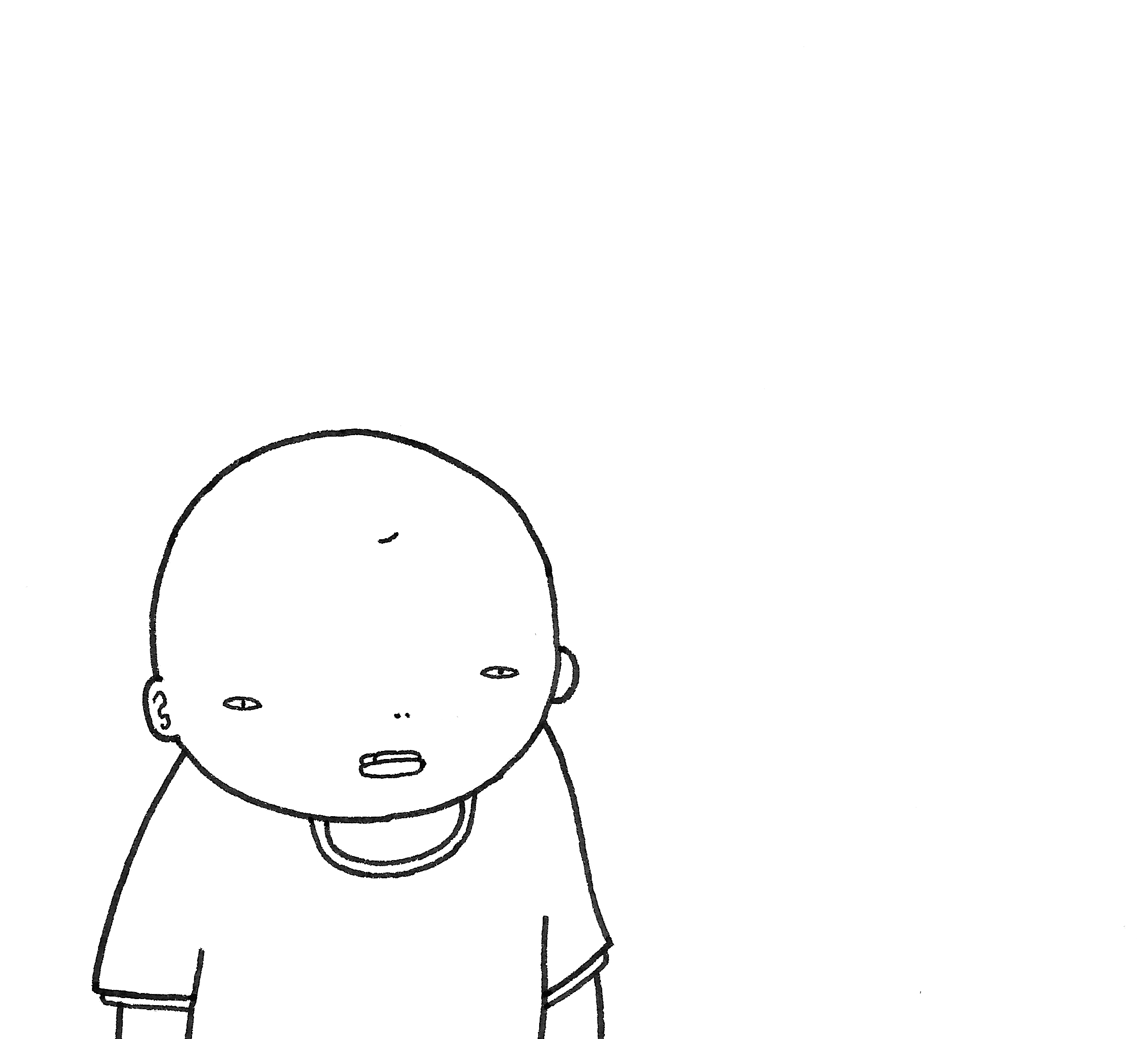Episodes

Tuesday Apr 04, 2017
Waste Books Ep. 3 - No Country for Old Men
Tuesday Apr 04, 2017
Tuesday Apr 04, 2017
In this episode we talk about Cormac McCarthy's No Country for Old Men, relating it to the Coen Brothers' film rendition and existentialism.
Overview
The highway that is No Country for Old Men gets you lost even though the two-lane blacktop never deviates in direction. It’s just that that first wrong turn screwed everything up and turning back now is as impossible as turning back time itself.
For those who’ve seen the Coen Brothers film, the novel No Country for Old Men is just as blood-soaked and cerebral as the silver screen ever portrayed it. Only a novelist as commanding as Cormac McCarthy can juxtapose sobering meditations on determinism and entropic decay with brutal tableaus of grisly violence along with their lurid aftermath on the body and soul. Because McCarthy is such a deliberate writer, aiming for palpable precision over entertainment, the violence he depicts is rendered all the more visual, all the more real in its considerations to weighing each word in measurements of time and mass. Violence here is not the murders of a few men, it’s the medical examination of death with the reader bearing witness as if you were pumping gas across the street, the bitter taste of iron in your mouth.
Unlike the film, the novel underscores the loneliness of characters like the desperado Llewellyn Moss or the anachronous sheriff Bell ruefully looking back at his past as the future comes slamming at him. These existentialist undercurrents rise up like oceanic groundswells in the hushed moments of a firefight – a Kierkegaardian angst where a bullet between the eyes signifies more than just the end of one’s life. And then there’s the isolated terror of the film’s central antagonist, Chigurh: an entirely human force with an inhuman drive as inexorable as fate itself, whipping between the Texan counties as a sort of grim reaper hellbent on quashing man’s attempts to break away from a system of a demented (or natural) order of power, domination, and inevitability.
Perhaps the highlight of the work is McCarthy’s adroit handling of the prose. It’s as if the man is not writing a novel but crafting some sort of austere furnishing for a friend, planing and sanding the wood with a carpenter’s finesse. The words are active and direct, the sentences laid bare as sun-streaked bones, paragraphs with such a strong physical sense they feel as if one can lift them out of the page and place them on a table.
As dark as the mood and themes may be, everything is exposed and nothing is hidden, reminding one of what Stephen King once said about horror being a substitute for a far greater horror: the lack of meaning in the everyday. What’s truly frightening about NCFOM is how McCarthy redlines inhumanity not in Vietnam or Darfur but in the mid-afternoon sun of the American Heartland, the perfect setting for a case study in fate, violence, and meaning for our time.
-Jordan Finn
Further reading/listening
Partially Examined Life podcast
http://partiallyexaminedlife.com/2012/09/21/ep63-cormac-mccarthy/
New York Times review
http://www.nytimes.com/2005/07/24/books/review/no-country-for-old-men-texas-noir.html?_r=0
Music on this episode was produced by Piecemeal, a track named "Chartreuse."


No comments yet. Be the first to say something!